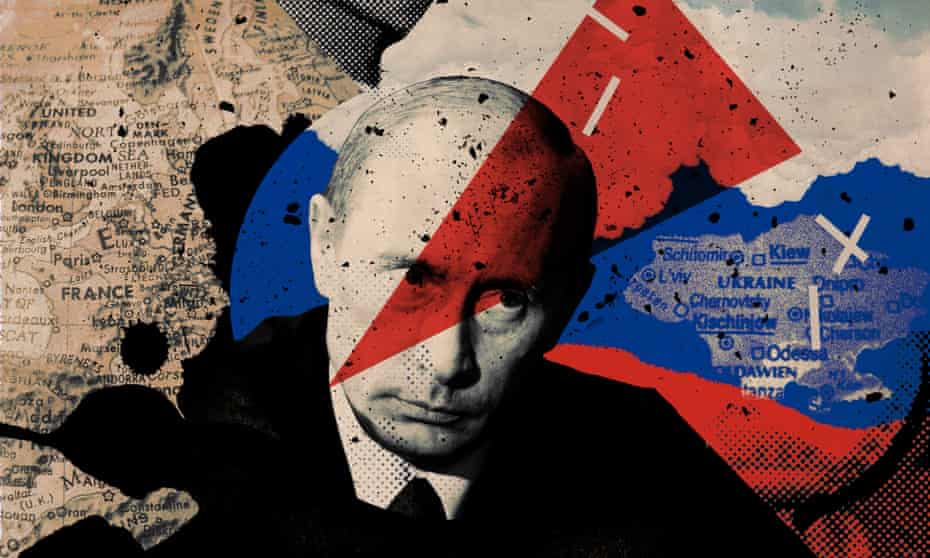
How the War in Ukraine Will Change the World
(Mexico) on 25 March 2022
by Héctor Aguilar Camín (link to original)
(1) a new division of Europe, based on Russia's rejection of the order created after the construction of the Berlin Wall, an order created from a geographic security belt established on Russia’s borders that included Ukraine as well as Belarus and Kazakhstan;
(2) the end of the post-Cold War order, marked by the resurgence of Russia, the rise of China and the erosion of U.S. hegemony;
(3) the deepening of Russia's strategic alliance with China, which, according to Xi Jinping, "knows no limits" and will be "superior to the political and military alliances of the Cold War";
(4) the alliance of Russia and China will accelerate the bifurcation of the world into two hostile camps, a logical alignment that will be increasingly difficult to avoid;
(5) by focusing on European security, the U.S. will lose the strength to deal with the rise of China;
(6) the Ukrainian war will accelerate the global arms race, which had slowed down since 1991. The United States and Europe, especially Germany, are again focusing on accelerating armament;
(7) Germany will consequently start to play an increasingly decisive role in European security policy, leaving behind the historical shadow of the risk that an armed Germany represents;
(8) Europe will have to define itself clearly in the face of contrasting tensions the new order will present and consider a common defense policy that is less dependent on the umbrella of NATO and the United States;
(9) the challenge to democracy as an ineffective and decadent political form will become more pronounced, according to Chinese strategic vision; a view shared by many others in autocracies and populist regions where the challenge never abated, and where there is new disenchantment with democracy;
(10) the war in Ukraine will feed old demands for territorial expansion, especially those of China with respect to Taiwan.
The world order is changing before our eyes, with tendencies that portend a new epoch, except for this: The shadow of nuclear risk is returning. It’s a brave new world.
*Editor’s Note: The Economist Intelligence Unit is the research and analysis division of the Economist Group, a global media and information services company.

/https://www.thestar.com/content/dam/thestar/opinion/contributors/2022/04/03/disrespect-of-justice-ketanji-brown-jackson-at-confirmation-hearing-was-a-window-into-the-mistreatment-of-women-everywhere/oped_granderson_column_aba.jpg)
